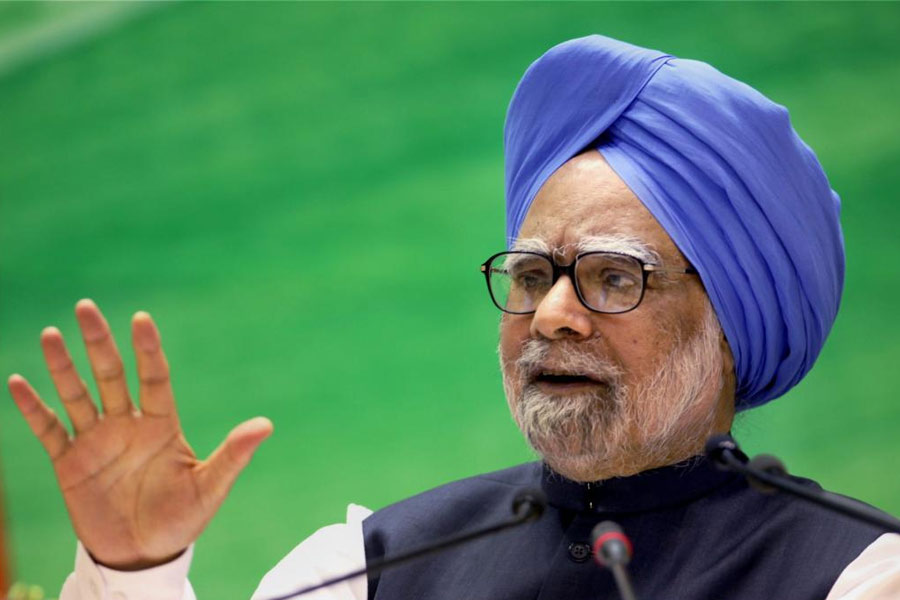Israeli Opposition parties announced on Wednesday that they had reached a coalition agreement to form a government and oust Benjamin Netanyahu, the longest-serving Prime Minister in Israeli history and a dominant figure who has pushed his nation’s politics to the Right.
The announcement could lead to the easing of a political impasse that has produced four elections in two years and left Israel without a stable government or a state budget. If parliament ratifies the fragile agreement in a confidence vote in the coming days, it will also bring down the curtain, if only for an intermission, on the Premiership of a leader who has defined contemporary Israel more than any other.
On Thursday, Netanyahu said on Twitter “all legislators elected by votes from the Right must oppose this dangerous Left-wing government”, and he targeted historic Arab participation in the coalition.
The new coalition is an unusual and awkward alliance between eight political parties from a diverse array of ideologies, from the left to the far Right. While some analysts have hailed it as a reflection of the breadth and complexity of contemporary society, others say its members are too incompatible for their compact to last, and consider it the embodiment of Israel’s political dysfunction.
The alliance would be led until 2023 by Naftali Bennett, a former settler leader and standard-bearer for religious nationalists, who opposes a Palestinian state and wants Israel to annex the majority of the occupied West Bank. He is a former ally of Netanyahu often described as more Right wing than the prime minister.
If the government lasts a whole term, it would then be led between 2023 and 2025 by Yair Lapid, a centrist former television host considered a standard-bearer for secular Israelis.
It was Lapid who was picked by the President, Reuven Rivlin, four weeks ago to try to form a new government. And it was Lapid who called Rivlin at 11.22pm (local time) on Wednesday night, with just 38 minutes left before his mandate expired, to inform him that he had assembled a fragile coalition.
“I commit to you, Mr President, that this government will work to serve all the citizens of Israel, including those who aren’t members of it, will respect those who oppose it, and do everything in its power to unite all parts of Israeli society,” Lapid said, according to a readout provided by his office.
Bennett, 49, is the son of American immigrants, and a former software entrepreneur, army commando and chief of staff to Netanyahu. His home is in central Israel, but he was once chief executive of an umbrella group, the Yesha Council, that represents Jewish settlements in the occupied West Bank. Until the most recent election cycle, Bennett was part of a political alliance with Bezalel Smotrich, a far-Right leader.
Though Bennett’s party, Yamina, won just seven of the 120 seats in parliament, Netanyahu could not be ousted without his support, allowing him to set the terms of his involvement in the coalition.
Lapid, 57, is a former news anchor and journalist who became a politician nine years ago and later served as finance minister in a Netanyahu-led coalition. His party placed second in the general election in March, winning 17 seats. But Lapid considered the ouster of Netanyahu more important than demanding to go first as Prime Minister.
To avoid exacerbating their differences, Lapid and Bennett have promised to focus on largely technocratic issues like the economy and infrastructure, and to stay away from more contentious topics such as trying to resolve the Israeli-Palestinian conflict.
But some commentators say Bennett’s party will be under pressure to prove to their supporters that their Right-wing instincts have not been dimmed by their coalition partners.
In a harbinger of potential tensions to come, talks almost collapsed on Wednesday
after a disagreement over whether a key lieutenant to Bennett, Ayelet Shaked, a proponent of major judicial reform, would be allowed to join a committee that appoints new judges.
New York Times News Service and Reuters











